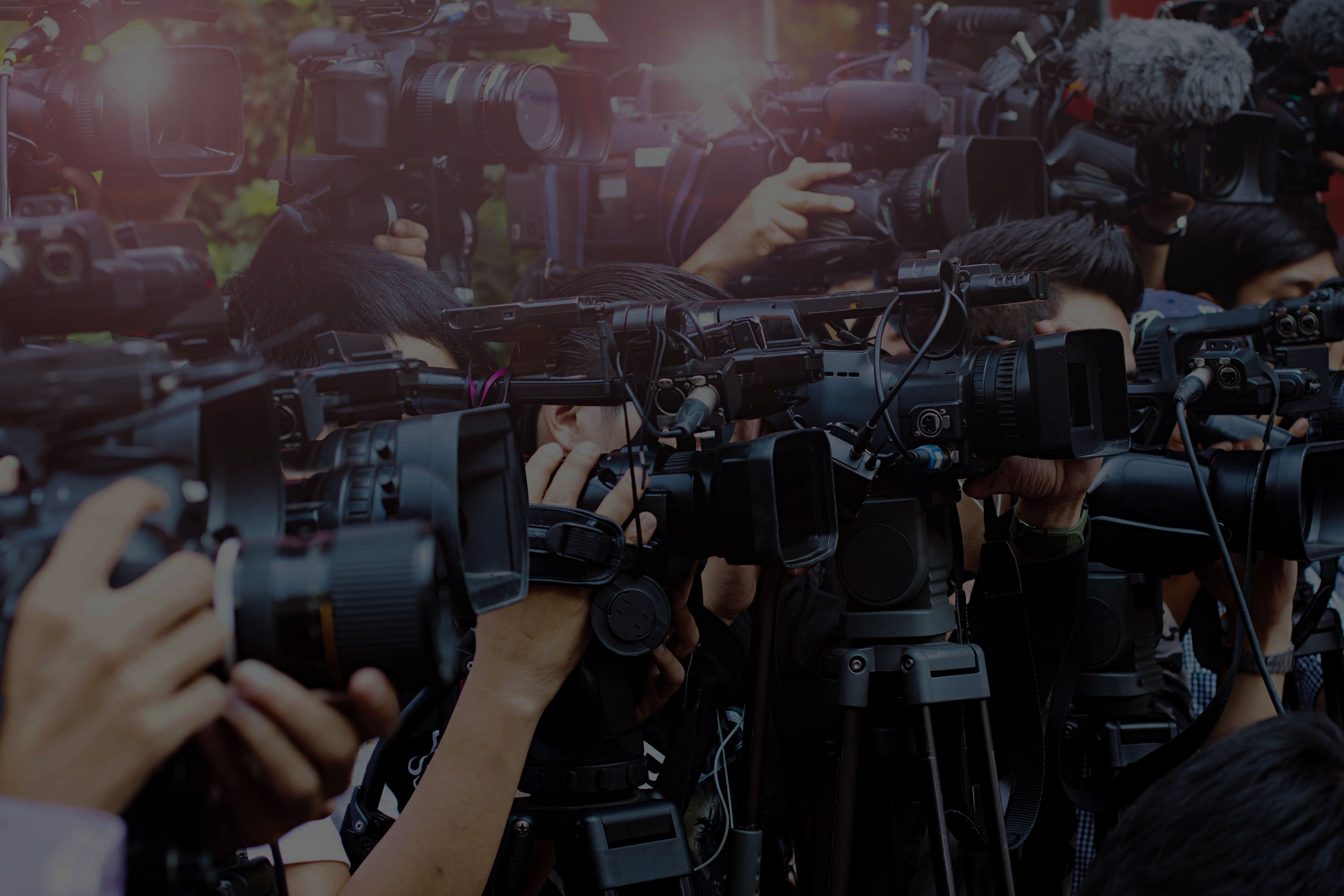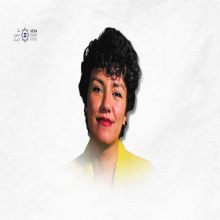May 03, 2023
Today, the Middle East and North Africa (MENA) remains the worst region across the world in terms of media and press freedom. In fact, according to the Reporters Without Borders (RSF)’s 2022 World Press Freedom Index, no country in the MENA meets even a “satisfactory” score.
On the occasion of World Press Freedom Day, we honour journalists across the MENA who have fought for freedom, justice and human rights. We continue to call for the release of all journalists held arbitrarily. We demand authorities across the region to end their repression of press freedom, and to uphold, respect and protect fundamental human rights and freedoms.
In Saudi Arabia, journalists from various backgrounds remain detained or disappeared. In 2019, Jordanian journalist Abdelrahman Farhaneh was arrested and forcibly disappeared for four months, which he spent in solitary confinement before being able to inform his family of his fate. He was later charged with trumped up charges of terrorism, likely related to his work with Qatari news outlet Al Jazeera, and sentenced to 19 years in prison. Saudi journalist Turki al-Jasser was arrested in 2018 and remains in incommunicado detention. His disappearance is likely due to him administering a Twitter account critical of Saudi authorities and the royal family that exposed their human rights violations.
In a rare instance, Yemeni journalist Marwan al-Muraisy was recently released from Saudi prison following the completion of his five-year sentence. It is worth noting, however, that Marwan should not have been detained in the first place, simply for exercising his profession as a journalist and his human right to freedom of expression. Saudi Arabia scored 166th out of 180 countries on the World Press Freedom Index, an unsurprising statistic for the Kingdom that assassinated journalist and activist Jamal Khashoggi.
According to RSF, “the situation for the press in North Africa (excluding Egypt) has never been so troubling”, with Algeria and Morocco’s press freedom significantly declining. In December 2022, Algerian journalist Ihsane El Kadi was arrested. As the director of the last remaining independent media group Interfaces Media, his recent sentencing to three years in prison, is but one example of Algeria’s crackdown on press freedom. Symptomatic of the decline of freedom of expression in the country is the recent adoption of a restrictive new media law. The law penalises Algerian media should they receive foreign funding, punishes the insulting of foreign officials and diplomats, violates the protection of sources, and completely bans Algerians with dual citizenship from owning and holding shares in local media.
In Morocco, several journalists have been targeted by authorities. For instance, human rights activist and journalist Rida Benotmane was arrested in 2022 for exercising his right to freedom of expression. Moroccan authorities questioned some of his Facebook posts before sentencing him to three years in prison. More recently, journalist Hanane Bakour faces up to three years of prison in relation to a Facebook comment where she criticized the holding of a local election by the ruling party.
Alongside these prosecutions for speech offenses, the authorities began prosecuting critics for serious crimes such as money laundering, espionage, rape, or sexual assault, and even human trafficking. The imprisonment of Soulaimane Raissouni, a journalist known for his articles critical of the authorities, illustrates such a pattern. In 2021, he was sentenced to five years in prison, with the UN Working Group on Arbitrary Detention (WGAD) classifying his detainment as arbitrary. In a similar fashion, journalist Taoufik Bouachrine was sentenced to 15 years in prison, with the WGAD also recognising the arbitrary and unfair nature of his detention in 2019.
As for Egypt, notorious for its brutal squashing of journalists and critical voices, its World Press Freedom Index ranking dropped from 166th to 168th from 2021 to 2022. For example, journalist and photographer Khaled Sahloob has been in arbitrary detention since 2014. Sahloob was subjected to brutal acts of torture, forcing him to make false confessions. This led to his sentence to three years in prison in 2015. He was then linked to the Helwan Brigades case, which was notoriously undermined by several violations of due process and fair trial guarantees. This kept Sahloob in pre-trial detention until he was sentenced to a further 15 years of imprisonment in June 2022.
In the case of Iraq, journalists not only face arbitrary detention but also risk being abducted and forcibly disappeared by state security forces or state-sponsored militias. For instance, Tawfiq al-Tamimi was abducted in 2020 following his Facebook posts in support of local protests and critical of the Iraqi government. His whereabouts remain unknown to this day. In a similar manner, journalist Basim al-Za’ak was abducted in broad daylight as he reported live from the Iraqi protests in October 2021, and he also remains disappeared. Iraq’s repression of the media further extends to the Kurdistan region, where authorities have also arbitrarily detained journalists. For example, Sherwan Sherwani was arrested in Erbil in 2020, before being sentenced to six years in prison in 2021. His detention is likely related to his investigative work on human rights violations and social injustices in the Kurdistan region. In fact, the WGAD issued an opinion stating that his detention is arbitrary.
In Lebanon, journalists Jean Kassir and Lara Bitar were recently targeted by authorities for defending prominent lawyer and founder of independent media outlet Legal Agenda, Nizar Saghieh. Both Jean and Lara work for media groups independent from the Lebanese political establishment: Megaphone News and The Public Source respectively. Even more appalling was the gruesome death of Lokman Slim in 2021. A Lebanese journalist and researcher documenting and establishing a database of those killed and disappeared during the Lebanese civil war, Slim was a vocal critic of sectarian political parties including Hezbollah, which he blamed for the August 2020 port explosion. These cases of reprisal and potential assassination represent a worrisome regression in a country that was long hailed for its freedom of expression. This is further evidenced by Lebanon’s World Press Freedom Index ranking dropping from 107th to 130th out of 180 countries, in the short span of one year.
In light of these worrying developments across the MENA region, we call on governments to end their reprisal against journalists and the media, to uphold the right to freedom of expression and the freedom of the press, and to release all those held in arbitrary detention.
On World Press Freedom Day, we honour and celebrate the work of the aforementioned journalists, and we promise to continue advocating for their fundamental rights.







